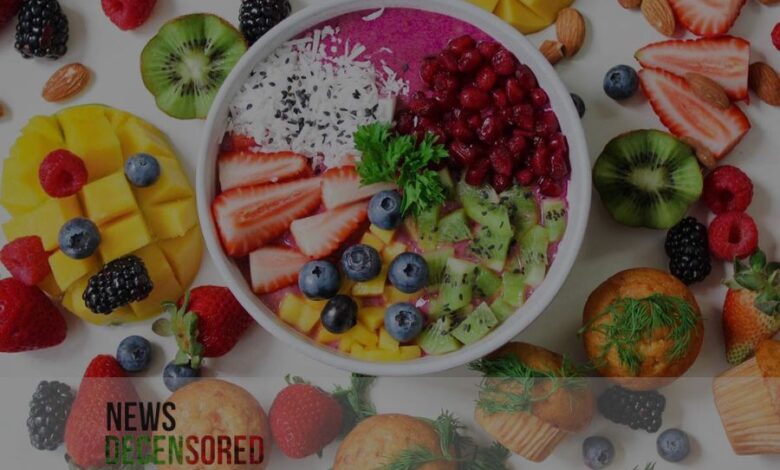10 Best Nutrient Foods to Include in Your Ramadan Diet

Some people struggle to keep their eyes open and energy up during work days or have trouble making it through the afternoon on fasting days. It may be a good time for such individuals to revise their diet.
Especially during the holy month of Ramadan, instead of cutting back on energy drinks and avoiding certain foods that risk causing obesity, eating nutritious foods can help maintain energy. Likewise, these foods can help people who work hard to keep going throughout the day.
Nutritionists emphasize that foods rich in complex carbohydrates and protein are the best options for energy throughout the day because the purpose of these foods is to keep blood sugar stable and avoid extreme highs and lows that make a person feel hungry and tired.
So it is possible to persevere in eating these powerful foods that provide the body wit energy throughout the day. The website “Eat This Not That” has published such foods that are recommended.
- Salmon fish:
Nutritionist Rima Kleiner suggests eating salmon, which is considered one of the favorite foods to boost energy because it is rich in nutrients and has many positive health benefits.
These benefits include energy levels. It helps boost energy levels thanks to B vitamins, especially B12. Also, salmon is one of the few natural sources of vitamin D that can help fight fatigue. - Brown rice:
Brown rice is a versatile food, says nutritionist Freda Hargo. It is an excellent food if a person is suffering from lack of energy as it is rich in manganese. These minerals help the body generate energy from carbohydrates and proteins and provide long-lasting energy. - Avocado:
Nutritionist Hailee Amer recommends eating avocados because they are full of fiber and healthy fats. They are digested more slowly than simple carbohydrates and provide more sustained energy. - Spinach:
Dr. Hargo said that spinach is rich in iron and is important if one wants to increase energy because iron deficiency in the body reduces the flow of oxygen to the brain and one feels tired. Add some spinach to your meals or drink fruit-based drinks to avoid energy crashes. - Beans:
Nutritionist Ashwini Mishra recommends fava beans and dry beans because they are high in fiber, which stabilizes blood sugar. A greater insulin response to food can lead to low blood sugar, she says. This condition leads to fatigue and lack of energy. - Dal:
Professor Danny Coy Castellanos believes that a common cause of diet-related fatigue is iron deficiency and anemia. This iron is important for making red blood cells that carry oxygen throughout the body. Iron also helps the body produce energy. Iron is also found in pulses. - Eggs:
Eating whole eggs, especially the yolk, is a great option for energy-boosting foods, says Dr. Courtney Ferreira, a registered dietitian. It helps us to maintain sugar levels. - Sweet potatoes:
Dr. Amir mentions sweet potato as a food that provides long-lasting energy because it contains vitamins A and C, as well as fiber and complex carbohydrates that also boost immunity. - Almonds and walnuts:
Almonds provide an energy boost because they are packed with protein, fiber and heart- healthy fats. Almonds reduce thirst as they are rich in minerals and vitamins like manganese, copper, riboflavin and magnesium.
Nutritionist Lauren Manganiello recommends eating walnuts because they’re one of the types of nuts that are rich in “omega-3 fatty acids,” which help keep you feeling full and active at the same time. - Chickpeas:
Nutritionist Dr. Chelsea Elkin says that eating half a cup of chickpeas provides the body with 15 grams of protein as well as monounsaturated fats, which are important for heart health. Chickpeas can be added to salads and can replace toast after being roasted.




